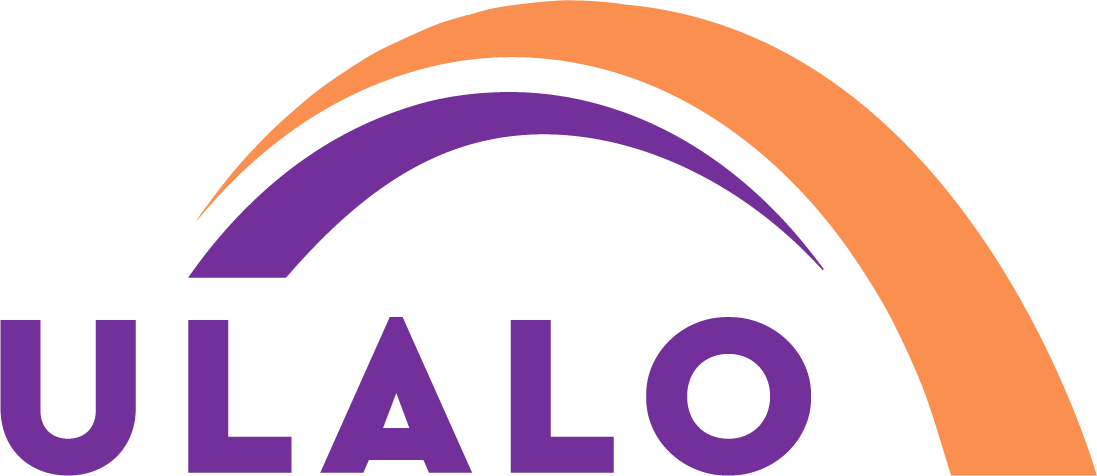FIGHTING PERIOD POVERTY: ENABLING ACCESS TO EDUCATION AND EMPOWERMENT
“Access to affordable menstruation products is a right, not a privilege.”
In Malawi, the issue of period poverty is a harsh reality, especially in rural and underprivileged communities. The lack of access to quality sanitary materials, combined with social taboos surrounding menstruation, inadequate water, sanitation, and hygiene (WASH) facilities, and the absence of guidance and privacy for changing and washing at school or home, collectively contribute to the challenge of inadequate menstrual hygiene practices. Ulalo, a local non-governmental organization, is actively combatting period poverty through a revolutionary initiative centered around menstrual hygiene management.
Period poverty in Malawi manifests itself in various forms, with many adolescent girls and women resorting to using unhygienic old rags to manage their menstruation due to poverty and social taboos. This not only leads to health issues but also contributes to school absenteeism and perpetuates social injustice. Recognizing the severity of the problem, Ulalo implements a comprehensive program aimed at addressing these challenges.
Ulalo is taking a multi-faceted approach to tackle period poverty. One key aspect of the initiative involves training mother groups in schools and empowering girls themselves to make reusable sanitary pads. Additionally, the organization is actively engaged in breaking the silence around menstruation by making it a topic of importance rather than a taboo. By fostering awareness and education, Ulalo aims to eradicate the stigma associated with menstrual hygiene.
The impact is evident in the numbers, in 2023, 940 girls from 12 primary schools were supported with reusable sanitary pad kits, reaching out to 2450 individuals through menstrual hygiene management awareness initiatives. The testimonials speak volumes about the positive change this initiative has brought about in the lives of young girls.
Aminafrom Chitokoto Primary School shared her transformative experience, "Previously, I would skip school, feeling embarrassed and afraid. Now, thanks to Ulalo, I am worry-free. I feel empowered and focused on my studies, and my grades have improved. I am grateful for the opportunities and determined to seize them."
Student (L) being drilled on how to craft sanitary pads
However, the plan doesn’t stop here. Ulalo has ambitious plans to scale this impact, by setting up a social enterprise, to support a network of young women in tailoring, providing them with start-up kits for the production of reusable sanitary pads. This initiative not only improves production models but also serves as an avenue for economic empowerment.
Doreen Luhanga, Program Officer at Ulalo, envisions a broader impact, "Now, we have ambitions to scale up and take things further. Together, we would like to set up a social enterprise that supports a network of young women to be trained in tailoring, supported with start-up kits for tailoring and production of reusable sanitary pads. By doing that, we are fighting poverty, improving health, and promoting social justice."
As we celebrate the impact and the plans, the battle is far from over. It requires collective effort and continued support to break down the barriers that limit the potential of young girls and women in Malawi. We extend an invitation to individuals, organizations, companies, and funders to join us in this transformative initiative.
Your collaboration is pivotal in breaking down the barriers that hinder the potential of young girls and women in Malawi. Together, we can advocate for comprehensive menstrual hygiene education, support initiatives providing access to affordable sanitary products, and challenge societal norms that perpetuate menstrual taboos.


